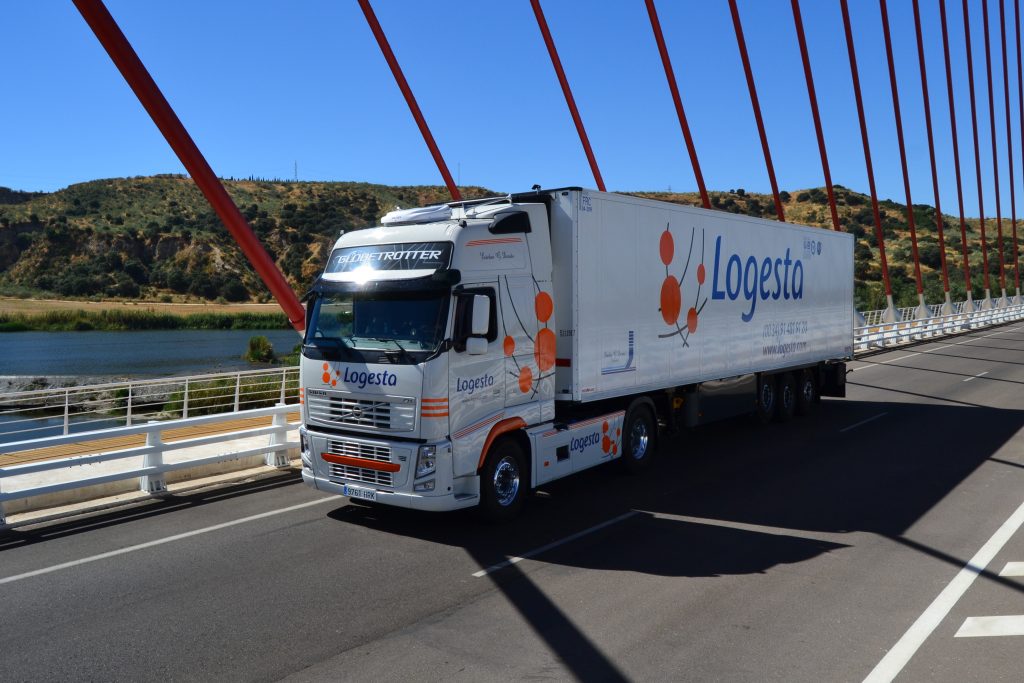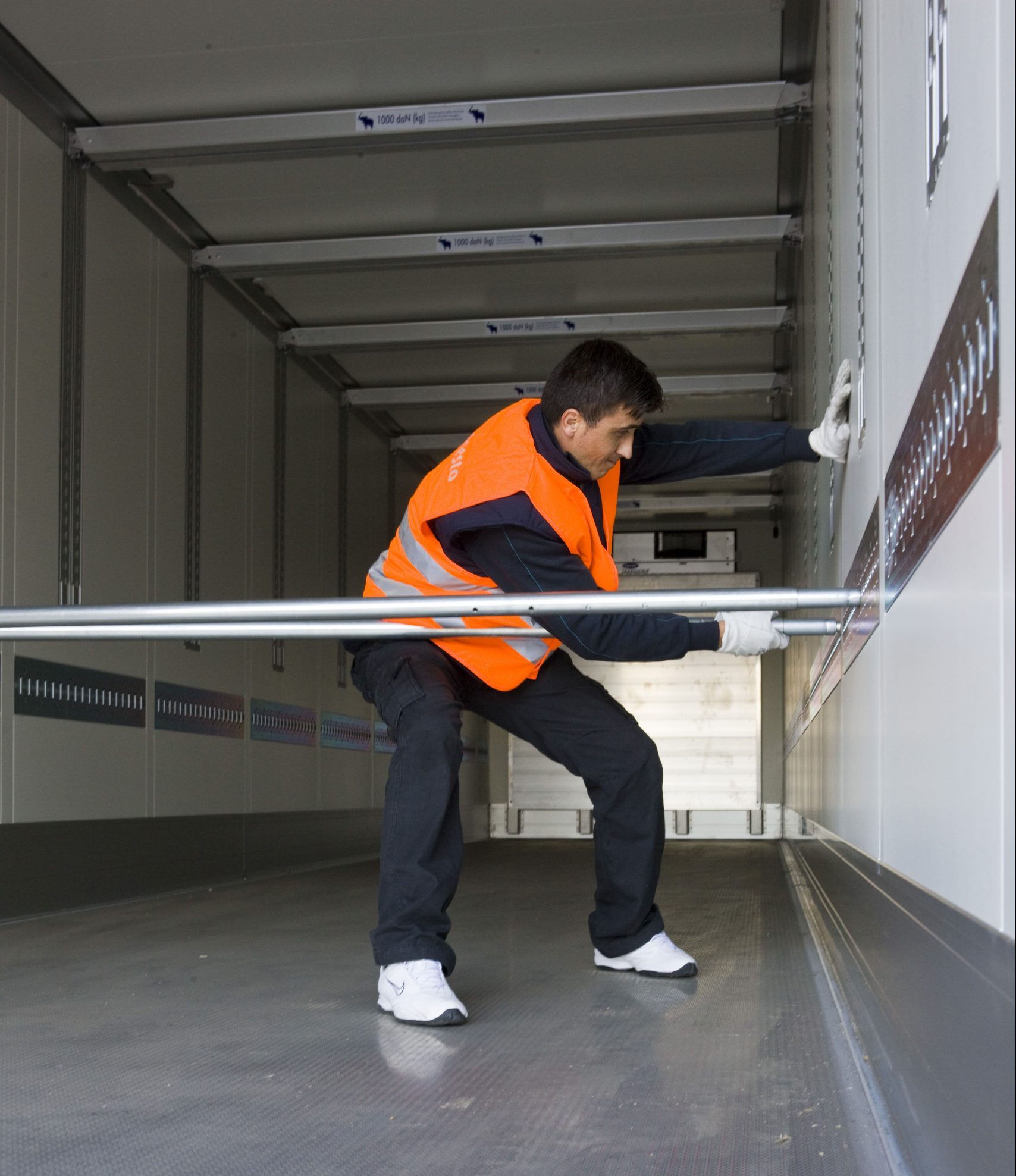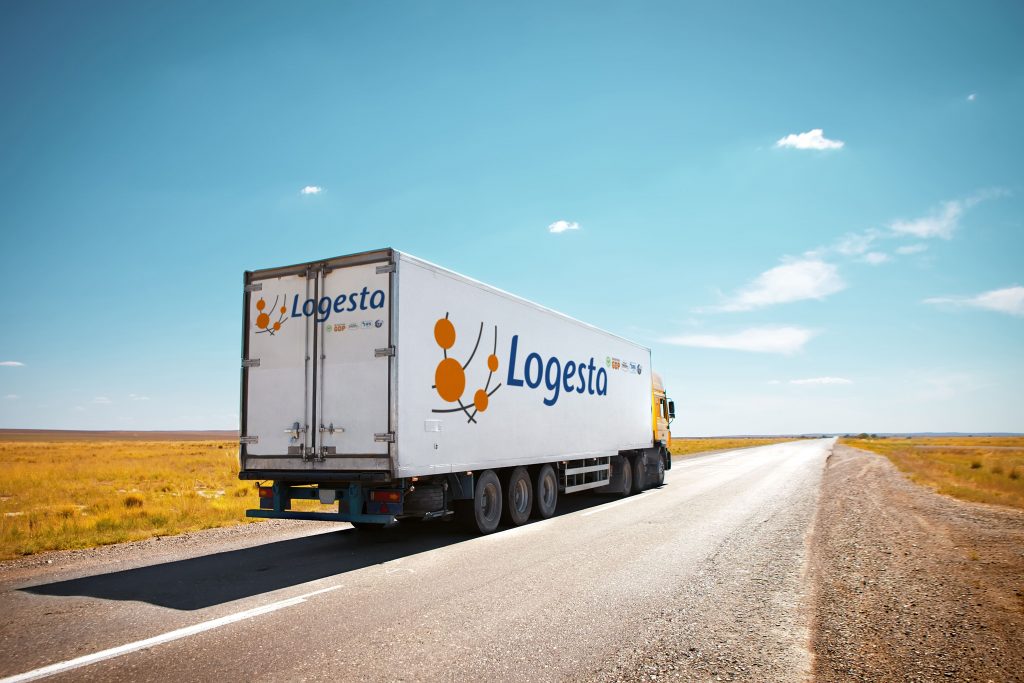When in transport we refer to stowing the goods well, we are trying to indicate what is the correct distribution and securing of the load in the trailer of the truck, so that it fits properly, occupying the least possible space and with a distribution, that does not involve any kind of danger in the journey.

Carrying out a correct stowage means implementing security measures that prevent damage to the goods and accidents, and, consequently, that no damage is caused to the truck, the driver, and third parties. There are studies that show that one of the most frequent factors in causing an accident in a heavy vehicle is the poor stowage of the goods. There is even talk that between 18% and 22% of all accidents are due to improper stowage of cargo.
The European Union, with the entry into force of Directive 2014/47 / EU on roadside technical inspections of commercial vehicles circulating in the Union, among other aspects, defined a common regulatory framework, to encourage the carrying out of inspections and cargo stability controls, by the competent authorities in each one of the member countries. Until then, there was no harmonized regulation for European countries that defined how the correct stability of the load inside vehicles should be during transport. There were regulatory mentions that indicated that the goods should be loaded safely, but did not detail the way in which it had to be carried out, nor what its securement points had to be, nor the means with which it had to be secured.
there was no harmonized regulation for European countries that defined how the correct stability of the load inside vehicles should be during transport. There were regulatory mentions that indicated that the goods should be loaded safely, but did not detail the way in which it had to be carried out, nor what its securement points had to be, nor the means with which it had to be secured.
Subsequently, and as a result of the European Union’s concern to reduce accidents in the transport of goods, this directive was applied in the national regulations of each member state. Thus, for example, in Spain, in May 2018, Royal Decree 563/2017 regarding the correct stowage and securing of goods in road transport came into force. This Royal Decree details in a very specific way all the phases for the correct stowage of the goods.
At Logesta, we work together with our clients so that the goods transported have the necessary security and guarantee. An adequate stowage of the goods must avoid any sliding, inclination or friction of the load in any direction. Given the erroneous belief that the weight of the goods will prevent its movement, it is essential to check that the load is secured, so that it does not interfere with safe driving, or pose a risk to life, health, or safety, property or the environment.
In short, an unsuitable stowage in the transport of goods can have serious consequences for the transport company, for the carrier who holds the transport authorization, for the shipper, as well as for the owner of the goods. That is why all the agents involved in loading the goods must ensure compliance with each one of the guidelines that ensure proper stowage of the cargo.

